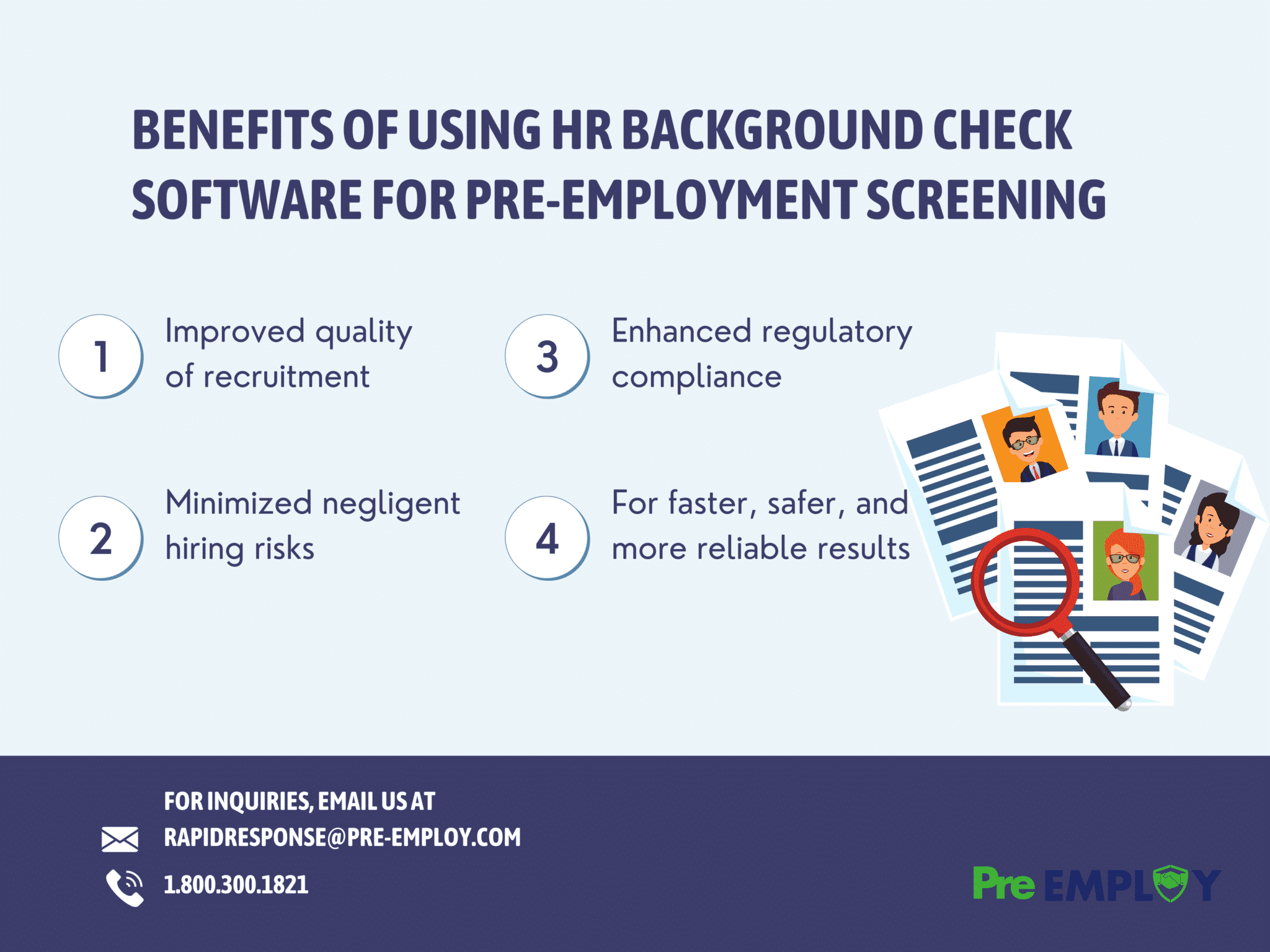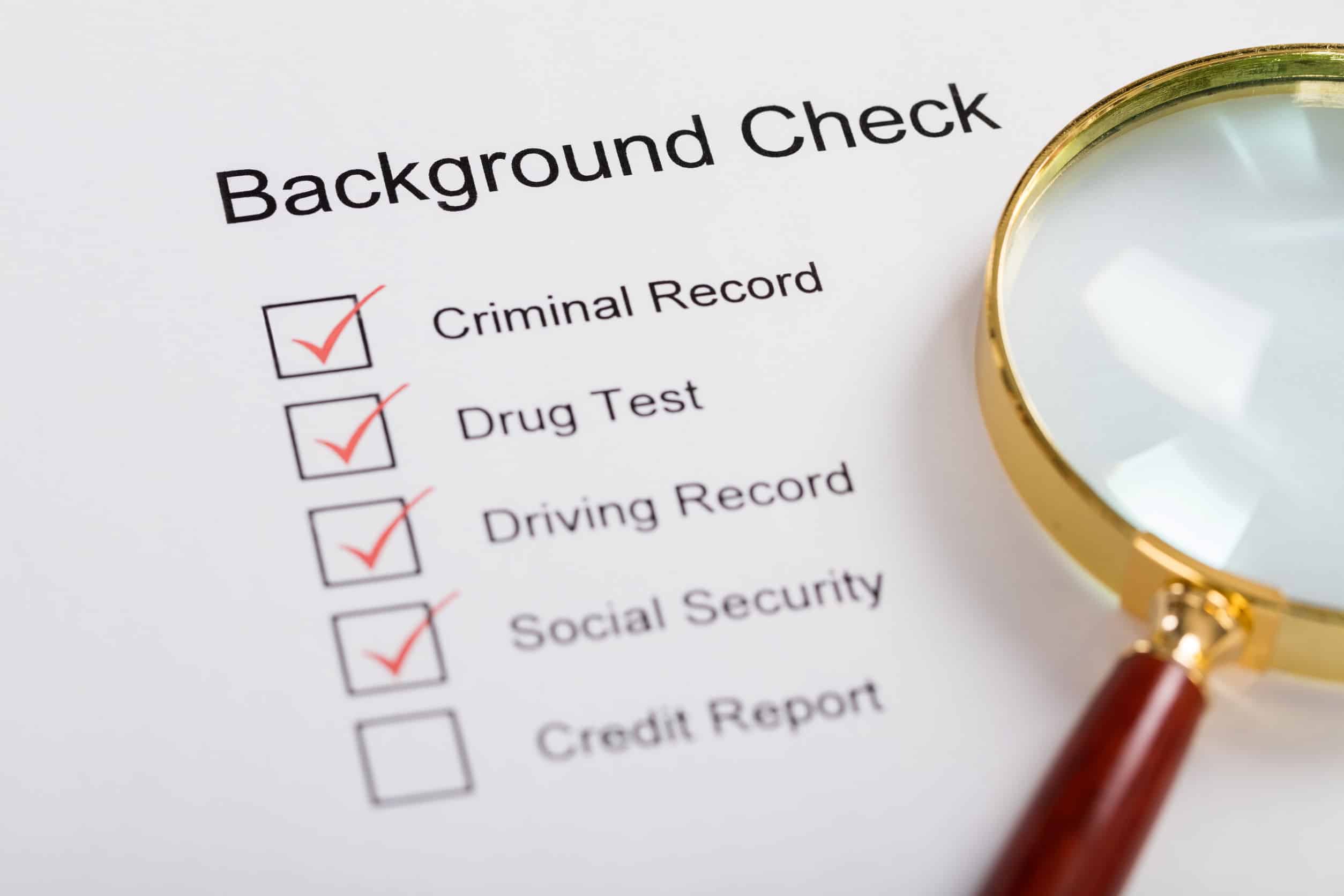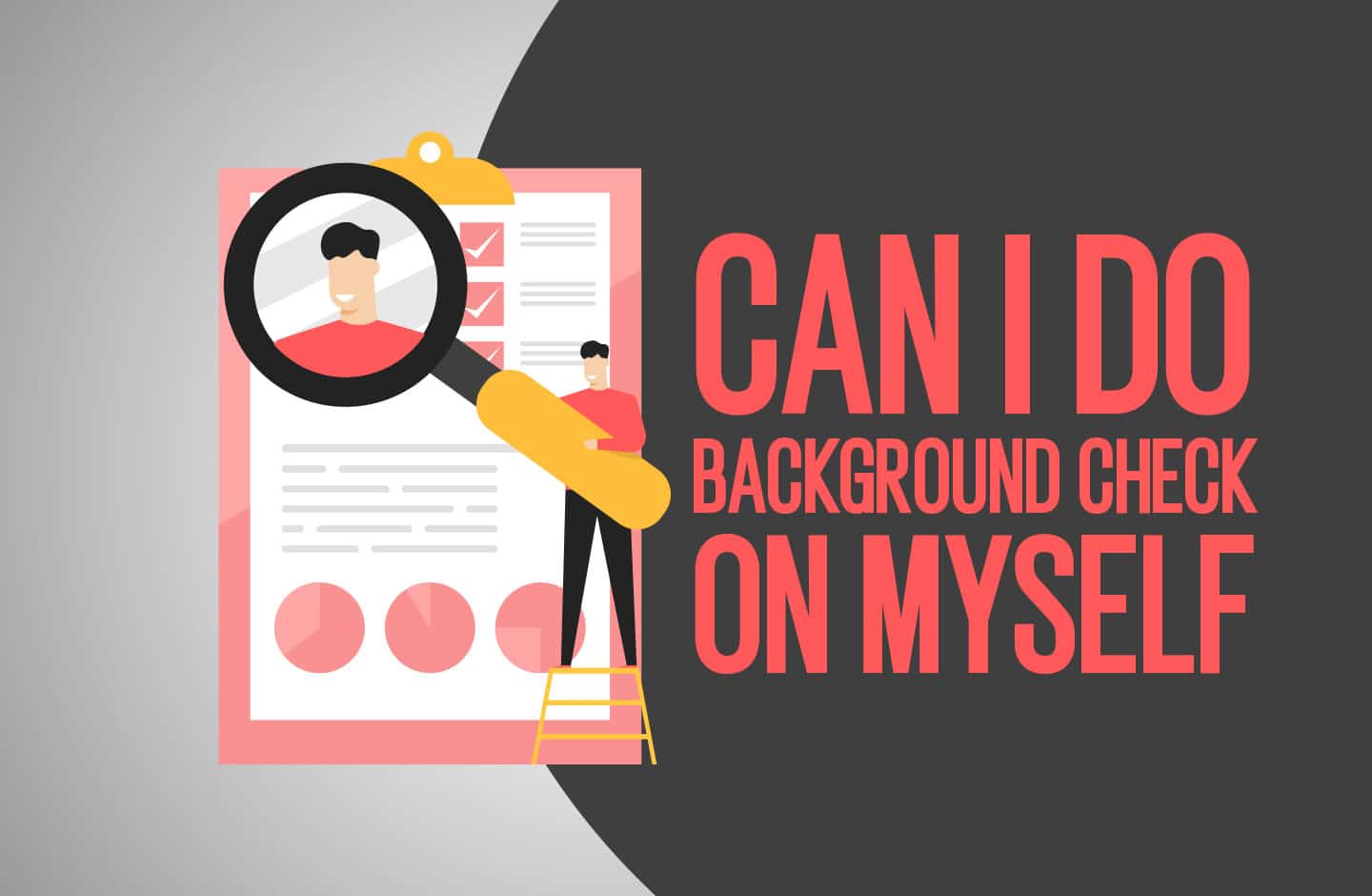How Can I Do A Background Check On My Employees
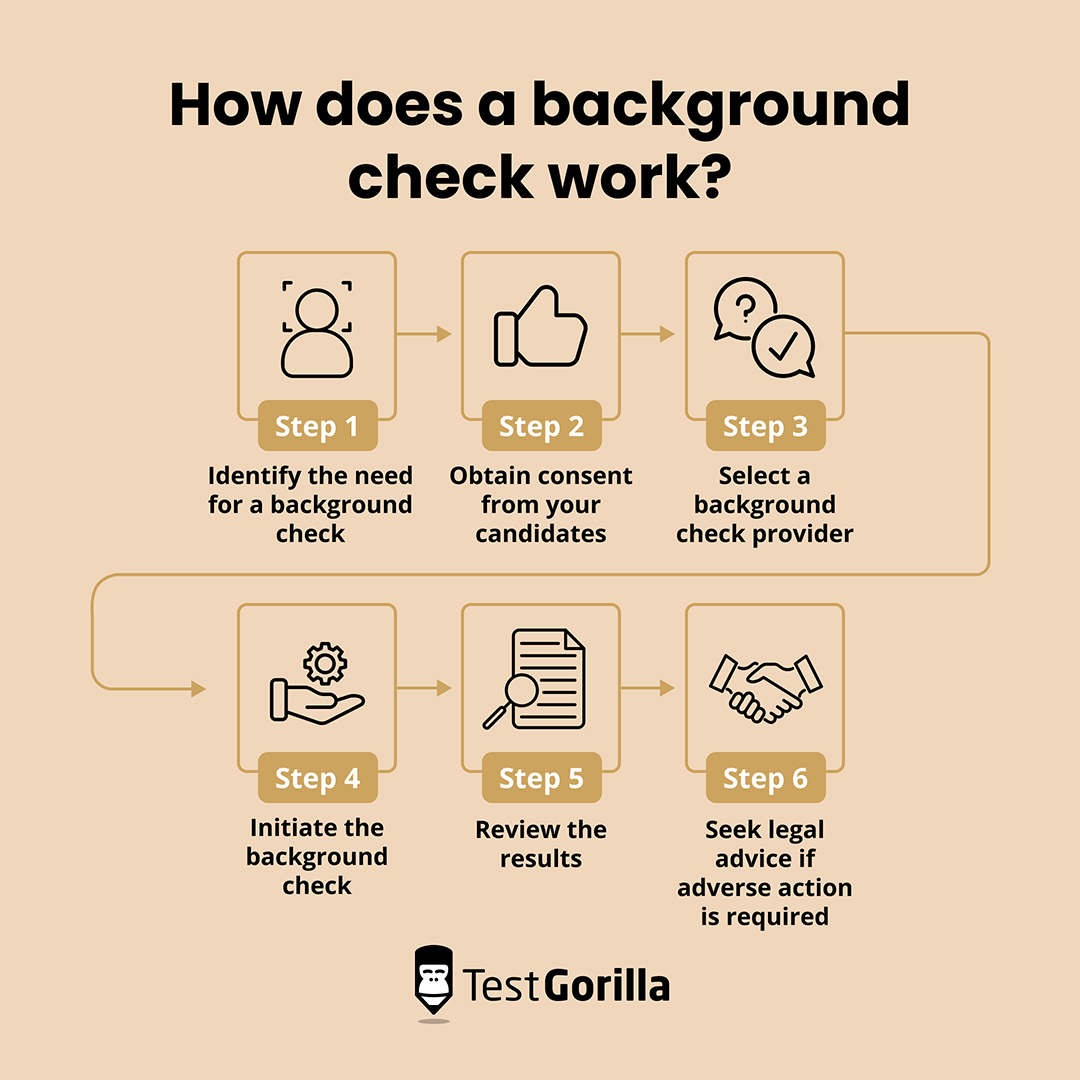
The aroma of freshly brewed coffee wafts through the office, mingling with the excited chatter of a new team assembling. Smiles are exchanged, introductions made, and a sense of optimism fills the air. Yet, amidst the excitement, a crucial question lingers in the minds of business owners and HR professionals: How can we ensure a safe and secure environment for everyone?
The answer lies, in part, in conducting thorough background checks on employees. This proactive measure is an essential safeguard. It helps protect your business, employees, and customers from potential risks.
Why Background Checks Matter
Background checks are not about suspicion or mistrust. Instead they provide a vital layer of security.
They verify information provided by candidates and uncover any potential red flags that could impact the workplace.
According to the Society for Human Resource Management (SHRM), a well-structured background check process can significantly reduce the risk of negligent hiring lawsuits.
Types of Background Checks
The scope of a background check can vary depending on the industry, the role, and the level of risk involved. Common types include:
Criminal History Checks: These searches reveal past convictions, pending criminal cases, and arrest records. They can be conducted at the local, state, and federal levels.
Employment Verification: Confirming a candidate's previous employment history ensures the accuracy of their resume and identifies any discrepancies.
Education Verification: This verifies the degrees, certifications, and other educational qualifications claimed by the applicant.
Credit Checks: In some industries, particularly those involving financial responsibilities, credit checks may be necessary to assess financial stability and trustworthiness.
Motor Vehicle Records: For positions requiring driving, reviewing the candidate's driving record is essential for assessing their safety and responsibility behind the wheel.
Navigating the Legal Landscape
It's crucial to conduct background checks in compliance with federal and state laws. The Fair Credit Reporting Act (FCRA) is the primary federal law governing background checks.
It requires employers to obtain written consent from the candidate before conducting a background check.
Additionally, if the background check reveals information that leads to an adverse employment decision, the employer must provide the candidate with a copy of the report and a summary of their rights under the FCRA.
Partnering with Reputable Background Check Providers
There are many background check companies that can help you conduct screenings quickly and easily. These providers typically have access to comprehensive databases and the expertise to ensure compliance with all applicable laws.
When selecting a provider, look for one that is accredited by the Professional Background Screening Association (PBSA).
This indicates that the provider adheres to high standards of accuracy, compliance, and ethical practices.
Building a Culture of Trust and Transparency
While background checks are an important tool, they are just one piece of the puzzle. Creating a culture of trust and transparency within your organization is equally important.
Clearly communicate your background check policy to all employees and candidates.
Explain the reasons behind the checks and how the information will be used.
In the end, a thoughtful and legally compliant background check process is an investment in the safety and well-being of your entire team. By prioritizing due diligence, you can create a workplace where everyone feels secure, respected, and empowered to thrive. It's about building a foundation of trust, one careful step at a time.
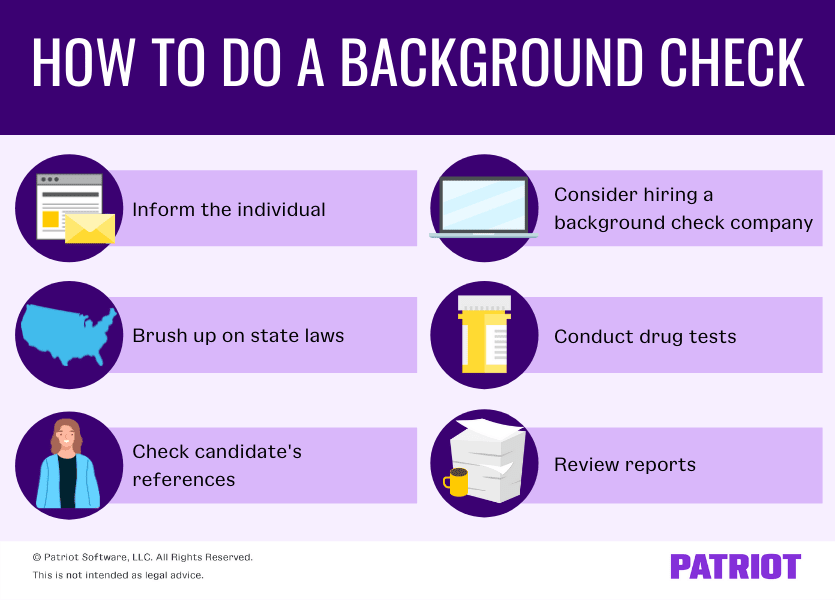
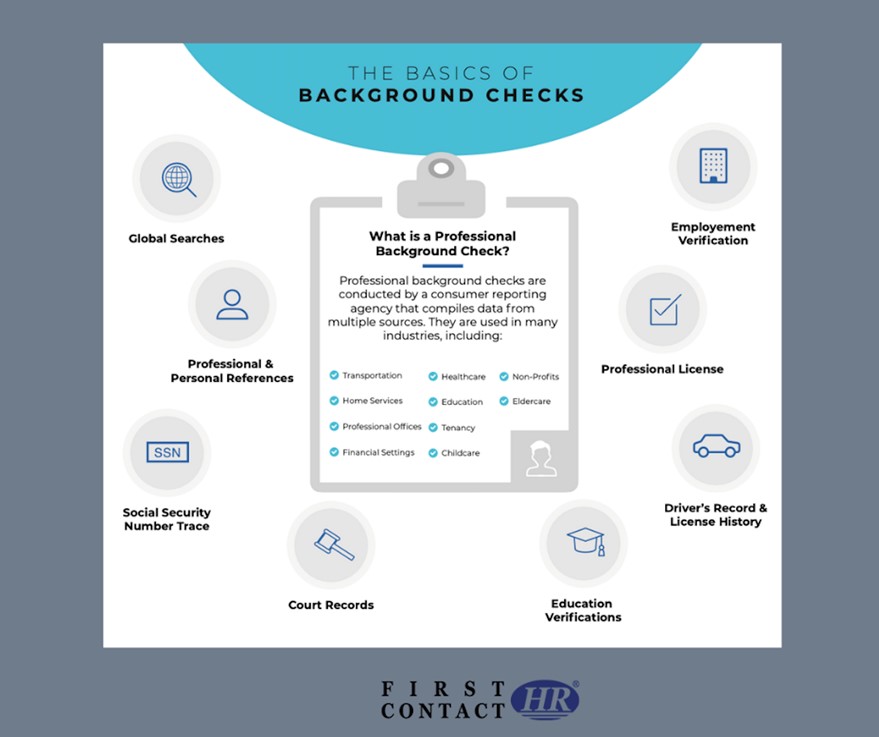
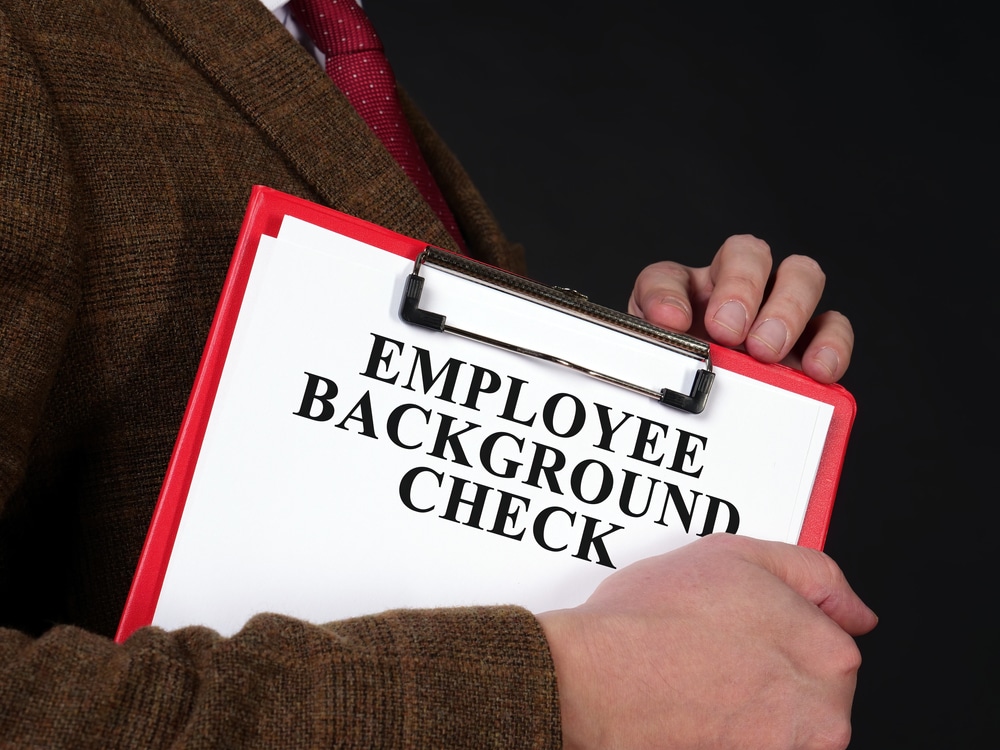
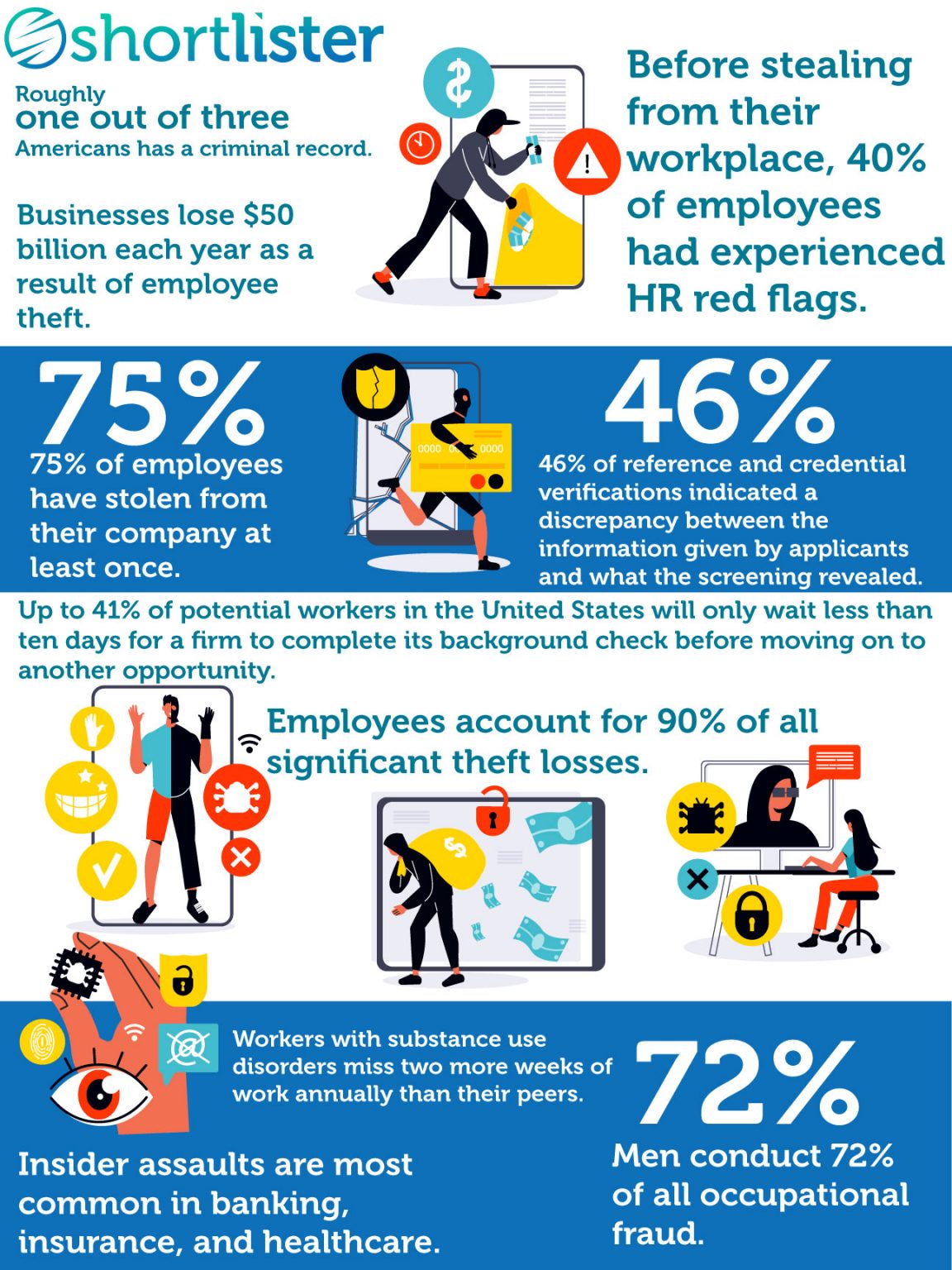
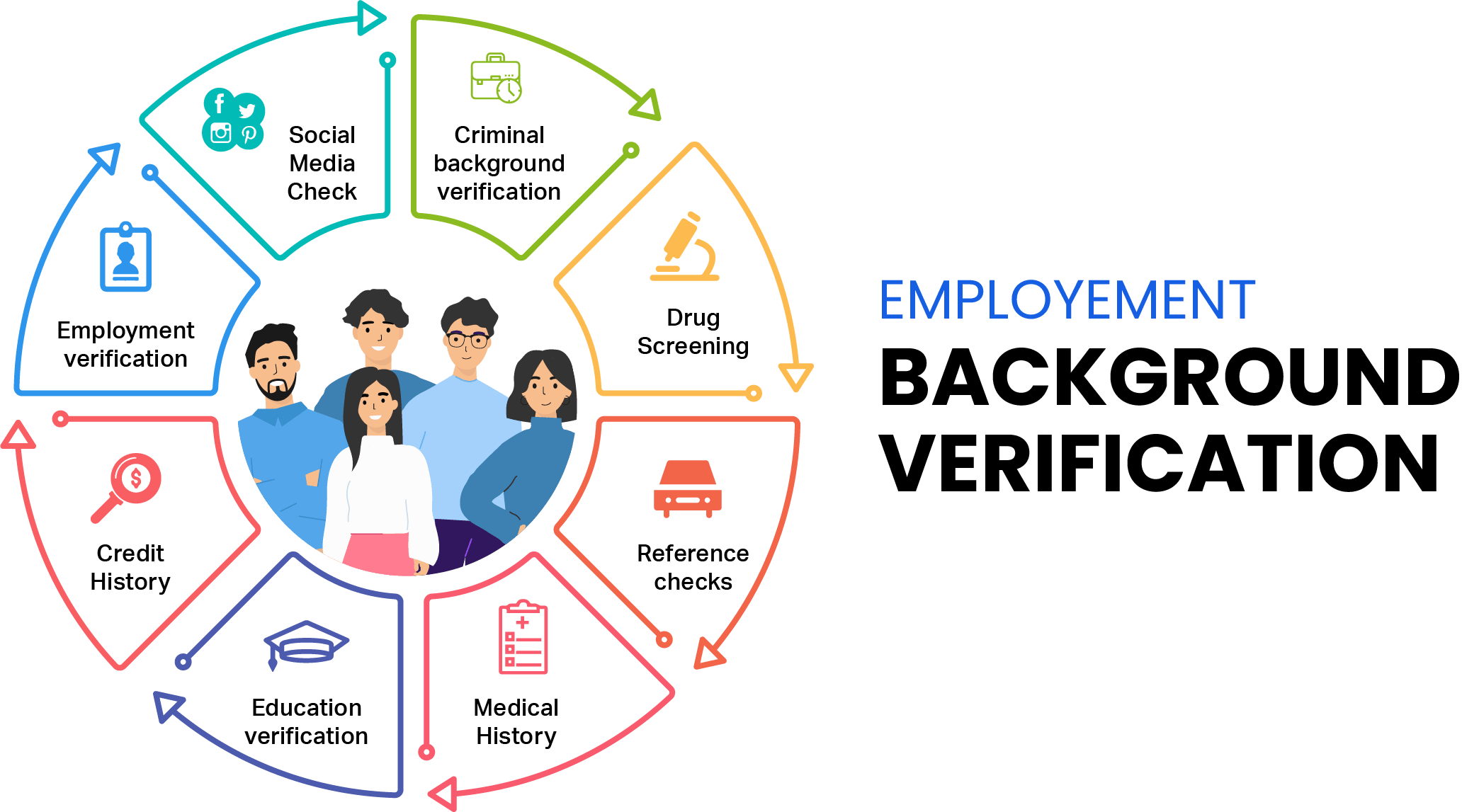
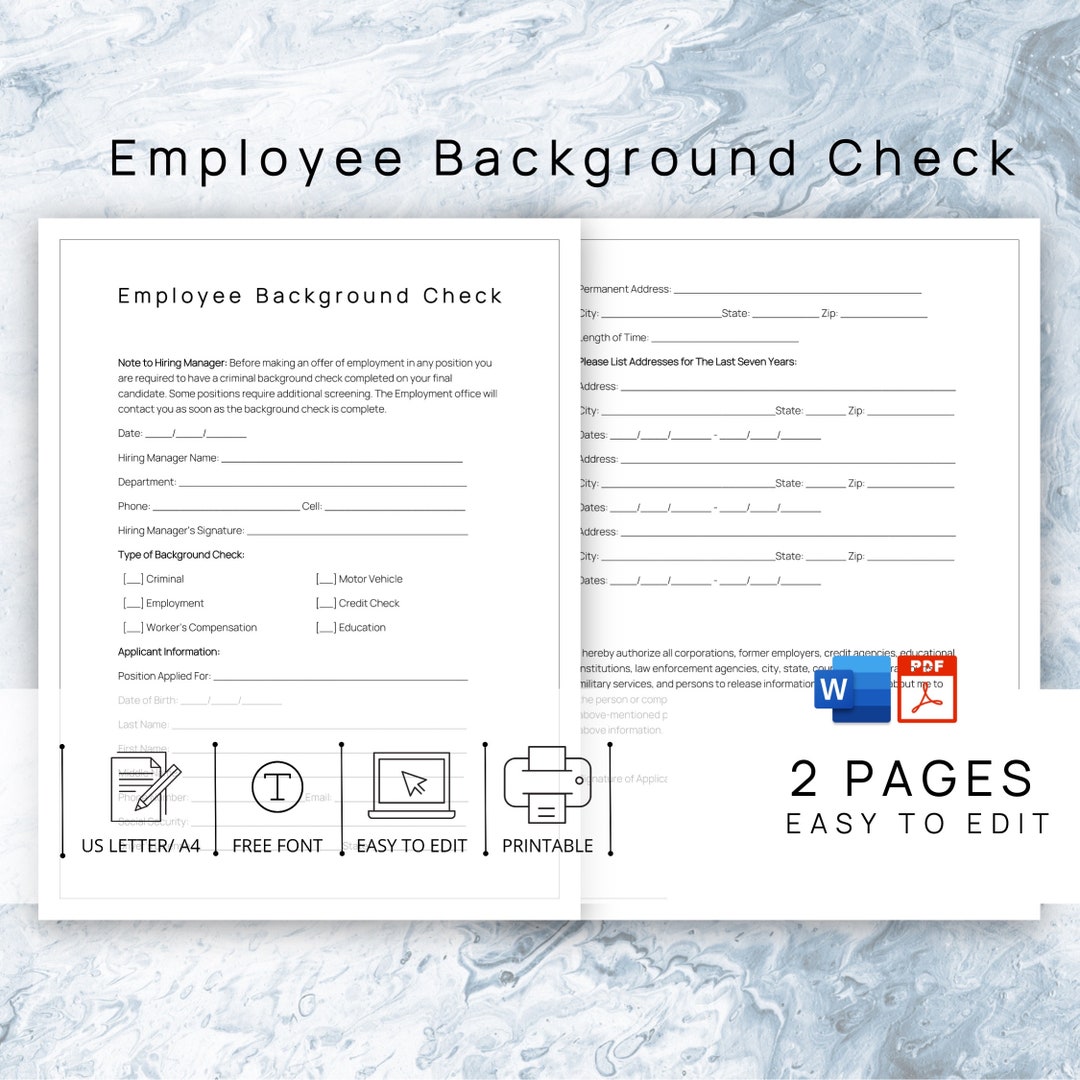
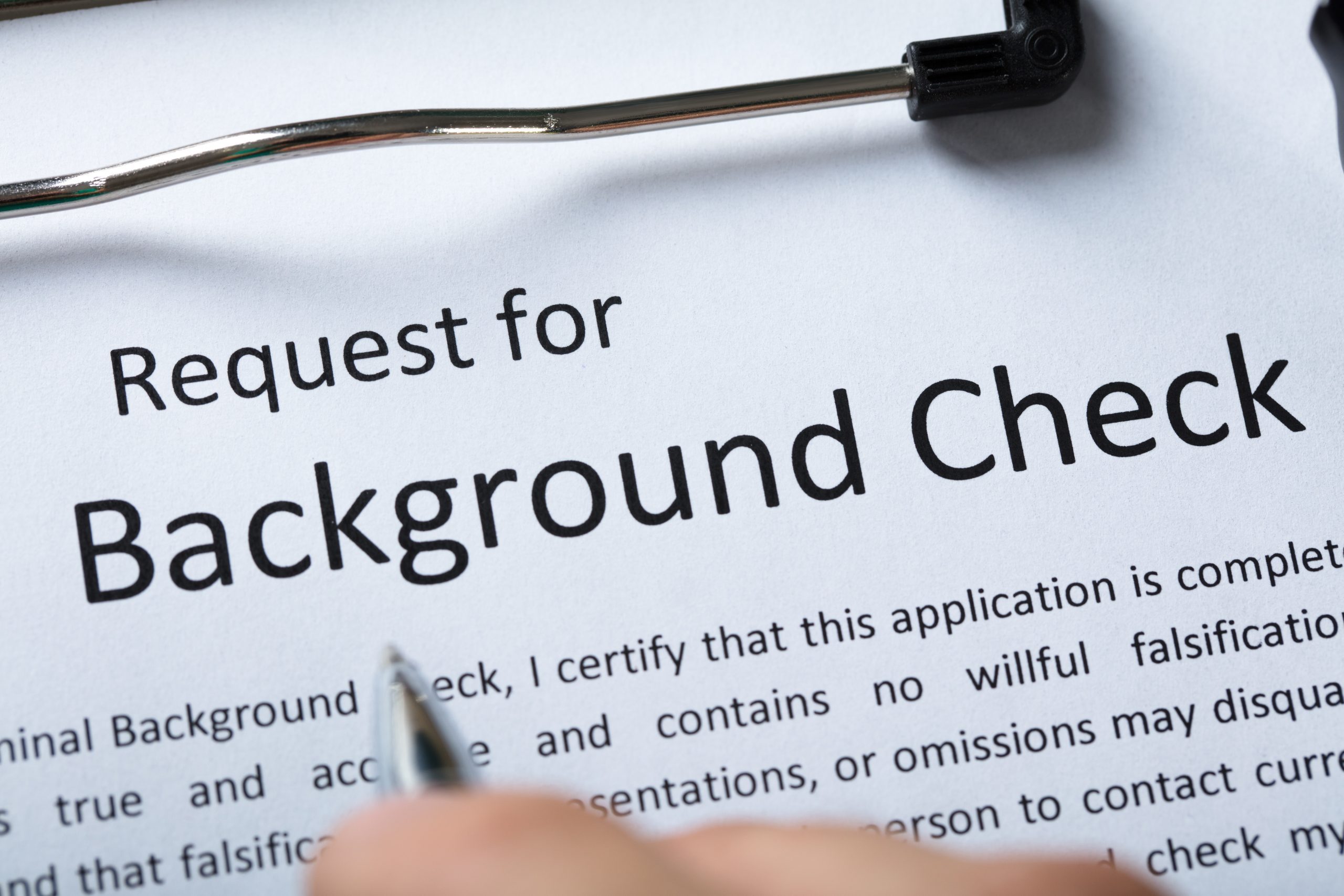

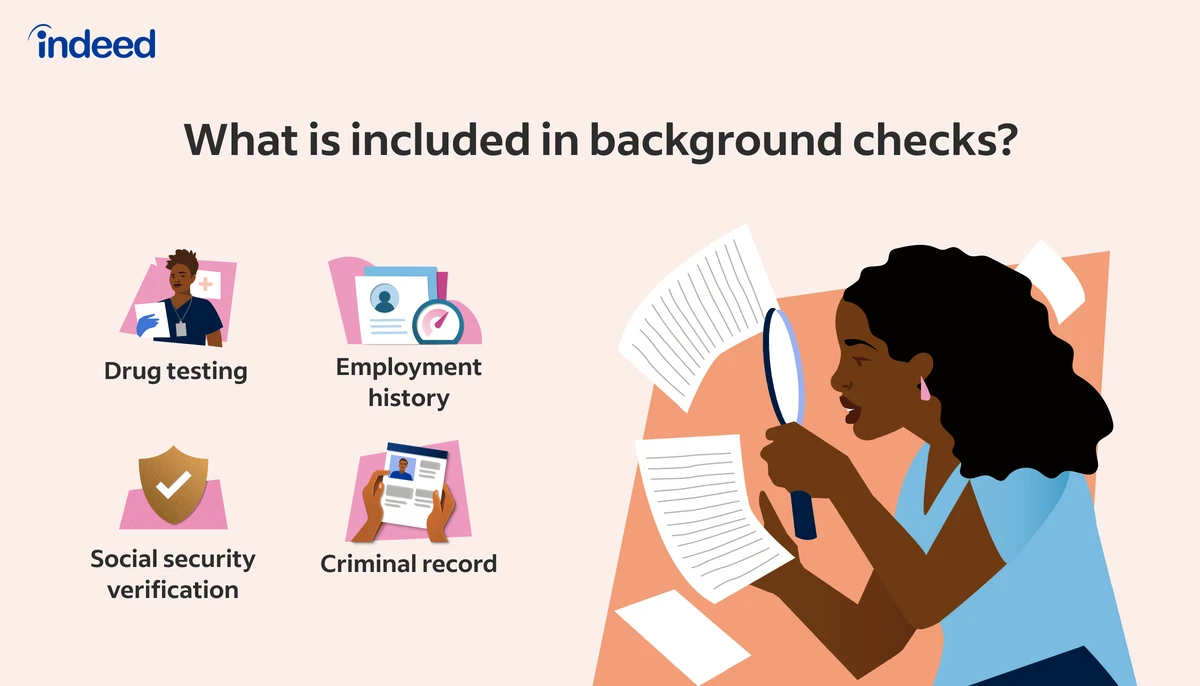

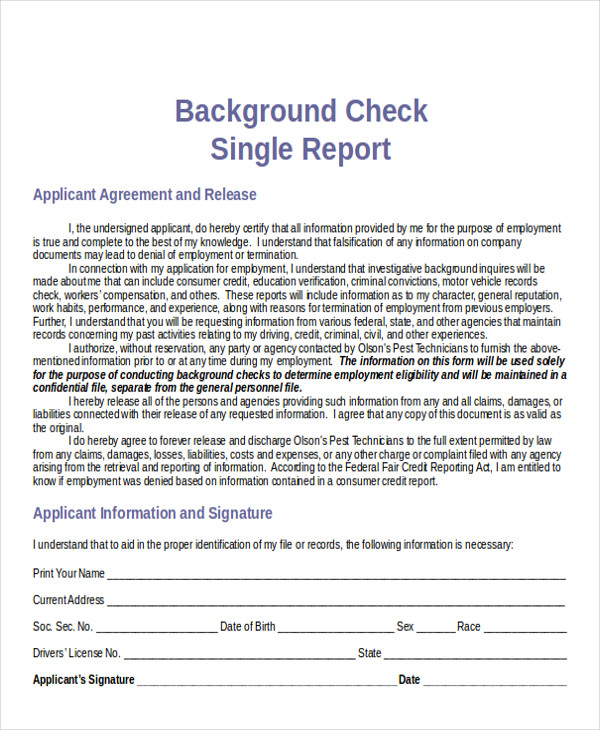


![How Can I Do A Background Check On My Employees Pre-Employment Background Checks: A Complete Guide [2025]](https://iprospectcheck.com/wp-content/uploads/2020/02/employment-background-check.jpg)

